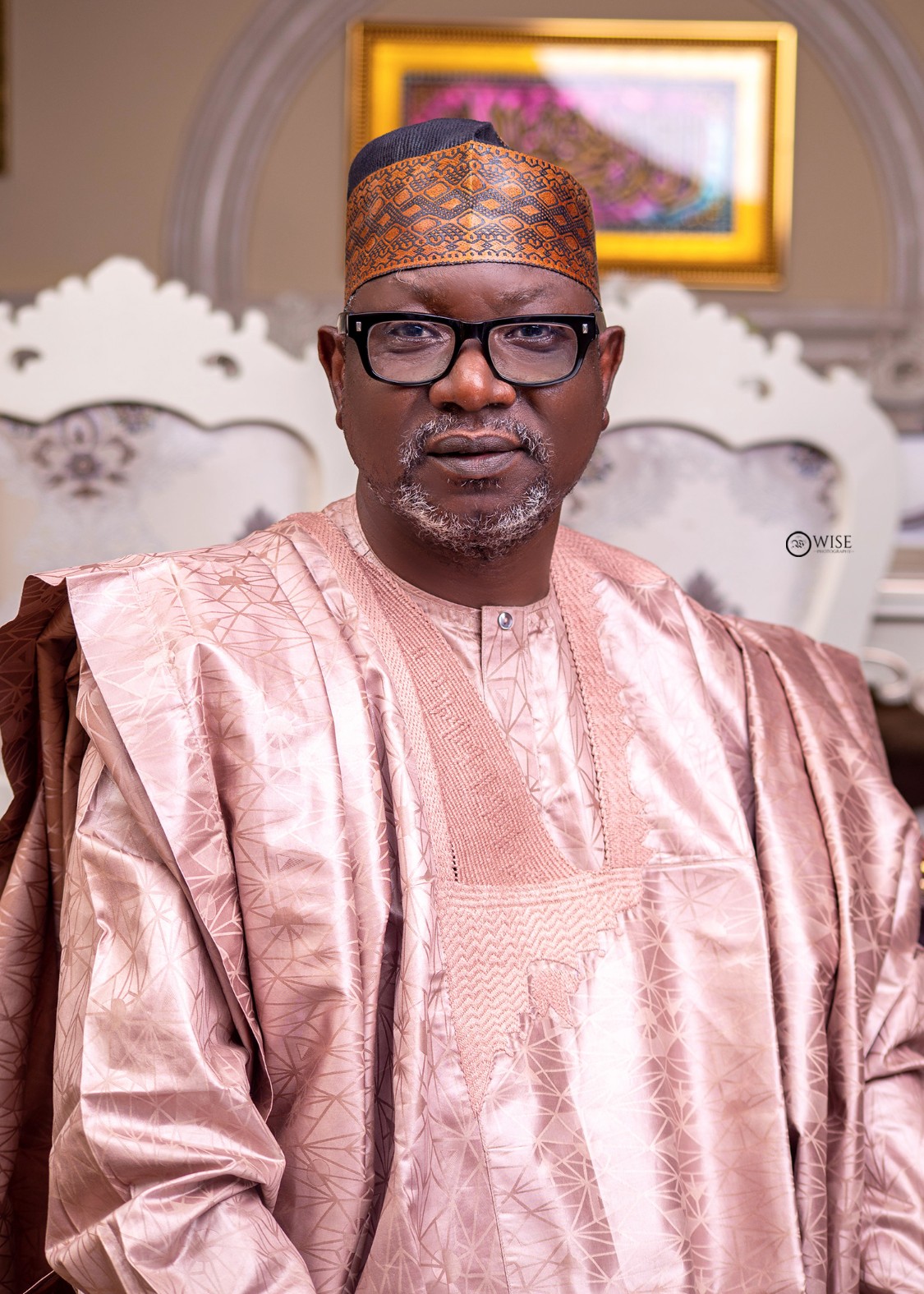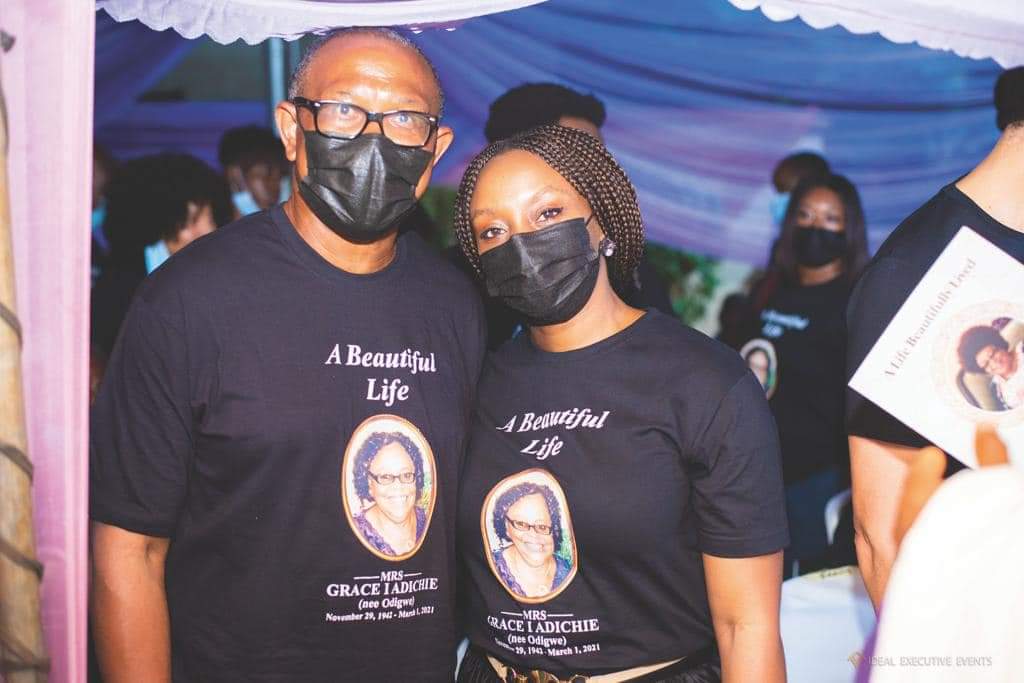On the 12th of June 2023, I had cause to issue a statement on this Democracy Day Celebrations. Today, I want to repeat that statement. Nothing has changed except the leadership at the various levels of government. The brand of democracy we have in Nigeria now is far cry from the June 12 1993 being celebrated today.
This is what I said on the 12th of June 2023 and I repeat it here today that: “Today has been declared democracy day in honour of June 12 1993, the most credible and freest presidential elections ever conducted in Nigeria. It was elections where Nigerians of all shades of opinions voted freely for late Chief MKO Abiola and Amb Babagana Kingibe under the Social Democratic Party SDP.
As usual, Nigerian anti-Democratic forces, the evil minded, the principalities and powers who have held Nigerians and Nigeria in the jugular, did not allow that freest choice of Nigerians to stand. The election was nullified by military junta led by General Ibrahim Badamasi Babangida.

As with everything in Nigeria, we play politics with everything, including human life. Symbolically, today, June 12, has been declared Democracy Day by those who claimed to be democrats and public holidays have been so declared. President Mohammad Buhari declared it Democracy Day and declared public holidays to mark it.
Good as it is to recognize what is good and celebrating it, as it appears Nigerian Government is doing, it is necessary to ask probing questions whether after June 12 annulment of the freest and best elections Nigerian democracy is being built on the foundation of democracy laid by the experience of June 12 1993 elections. I do not think so.
For me and many Nigerians, the democratic experiment since June 12 annulment has been from bad to worse. Truth be told many of our politicians and political actors parading in the corridors of powers since June 12 annulment are either democratic despots or outright democratic terrorists who have terrorized Nigerians and Nigerian society into political slavery and political submissions based on their whims and caprices.
For me and many well-meaning Nigerians, politicians have thrown the basic tenets of democracy overboard in Nigeria and have embraced money bags democratic tyranny, and coercion to the detriment of sovereignty of the people. Political hygiene is polluted, and corruption Nigeria PlC has all replaced the much cherished democratic values where the will of the people is the most significant indices of good democracy.
Today, as we celebrate the freest and most credible elections of June 12, even the actors who will be celebrating Democracy Day today know that they have gradually murdered democracy in Nigeria. There is no doubt that Nigerians are aware that many of our politicians and political actors in the corridors of power did not come to power by democratic means. They forced themselves on Nigerians.
Those of them who did not win elections and bought their ways to power know themselves. The independent National Electoral Commission needs to learn many lessons from the way June 12 elections were conducted. Nigerians are tired of charade call elections in Nigeria.
Everyone knows that democracy has been contaminated by almost incurable political viruses of corruption and terrorism in all states. Those in power in Nigeria are political emperors who determine who succeed them. Political parties do not have internal democracy. Political impositions have replaced parties primaries in almost all the political parties. These politicians know the truth.
Our compromised INEC is impari delicto in this regard. INEC that has constitutional duties and responsibilities to instill political sanity in our otherwise political rascality has been castrated in the performances of statutory and constitutional functions that today democracy exists only in name and not in practice in Nigeria. For me, what we have in Nigeria in the name of democracy is just civilian militarized government.
There is no doubt that there are many people at the corridors of power in Nigeria of today who are celebrating Democracy Day that did not come to power by means of democracy. Democracy as we know, is the government of the people by the people and for the people. Inherent in this is the fact that sovereignty belongs to the people.
People determine those they want to lead them. But in our own brand of democracy those we the people don’t want to manipulate electoral processes to Lord over us. Today, we have people who have no respect for due process and democratic rules claiming to be democrats and are lording over us. Nigerians are just political slaves in the hands of tiny political despots. That is our own democracy.
As we remember June 12, in the name of Democracy Day today, I appeal to Nigerians politicians to turn over a new leaf. We have had enough of democratic despotism and terrorism. Nigerians love democracy and have always loved to exercise their sovereignty. But politicians and political actors have always on altar of primordial selfish interest trampled upon and truncated the will of the people. I appeal to Nigerian politicians to all true democracy prevail in Nigeria.
That is the only way we can have good governance and government that is accountable and responsible to the people. The sad reality is that Nigeria, as of today as we celebrate Democracy Day, does not have democracy in the true sense of the word. Those who forced themselves on us or those who forced others on us know the truth. Conscience is an open wound, and only truth can heal it. Let truth be told. Happy Democracy Day, Nigerians”.



